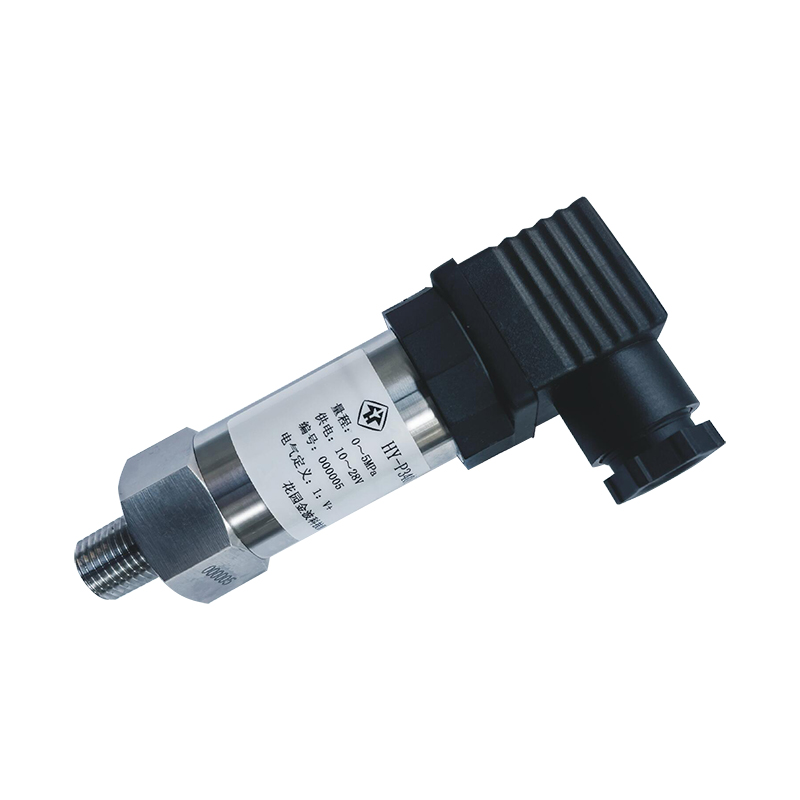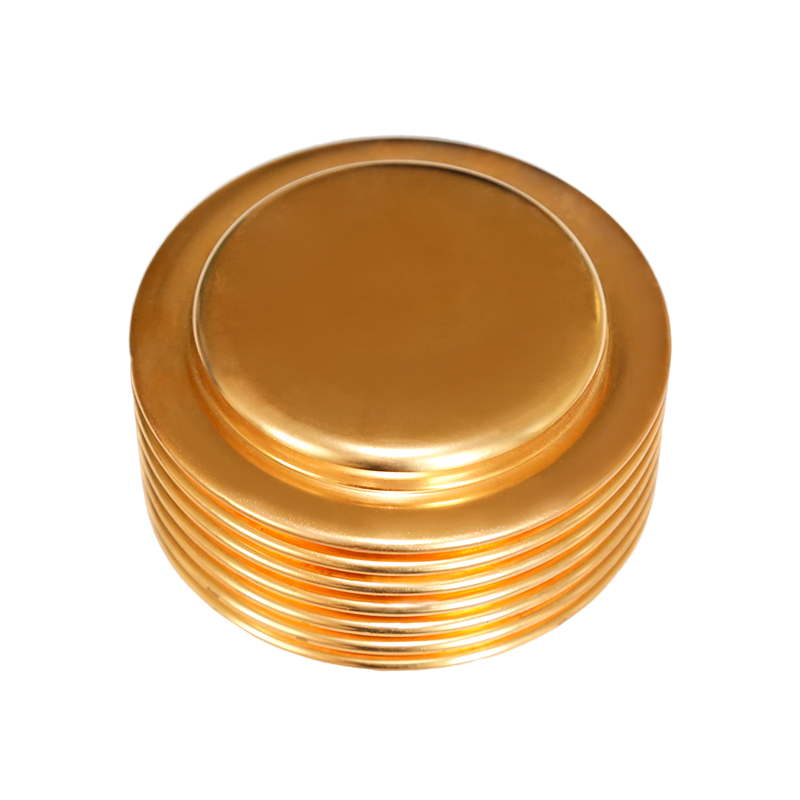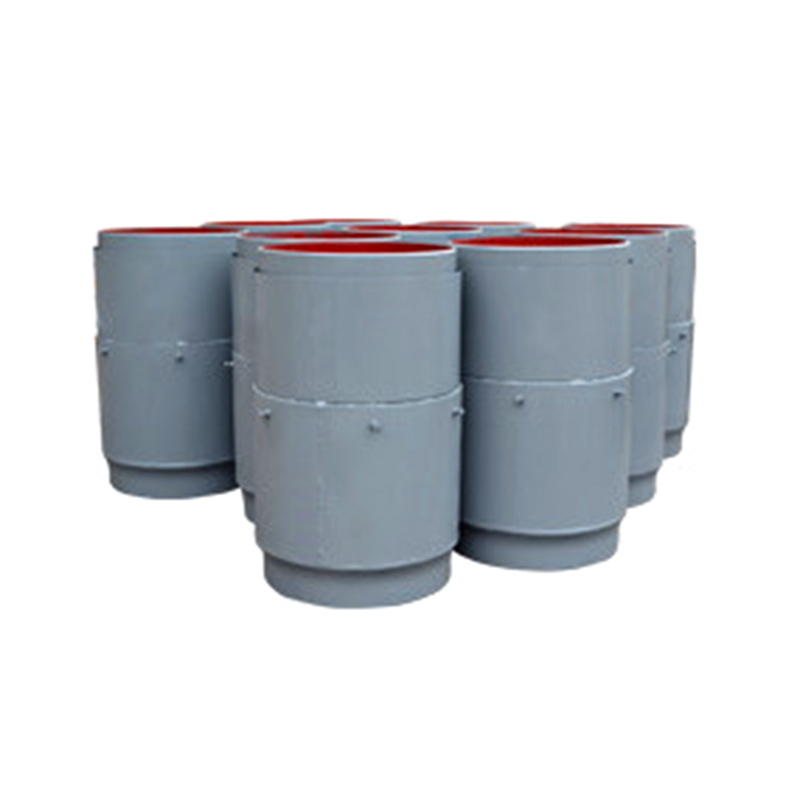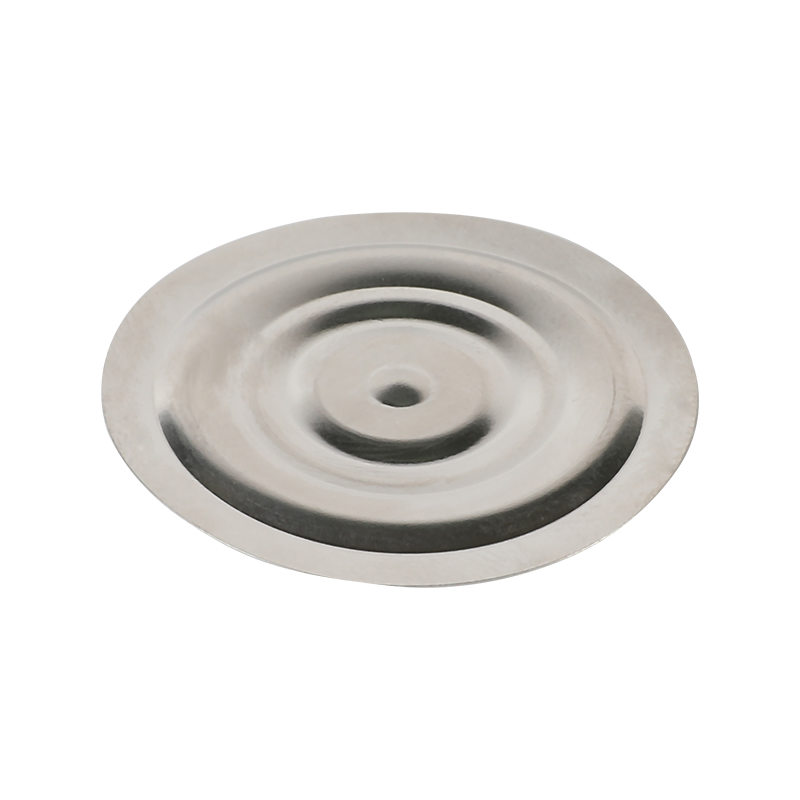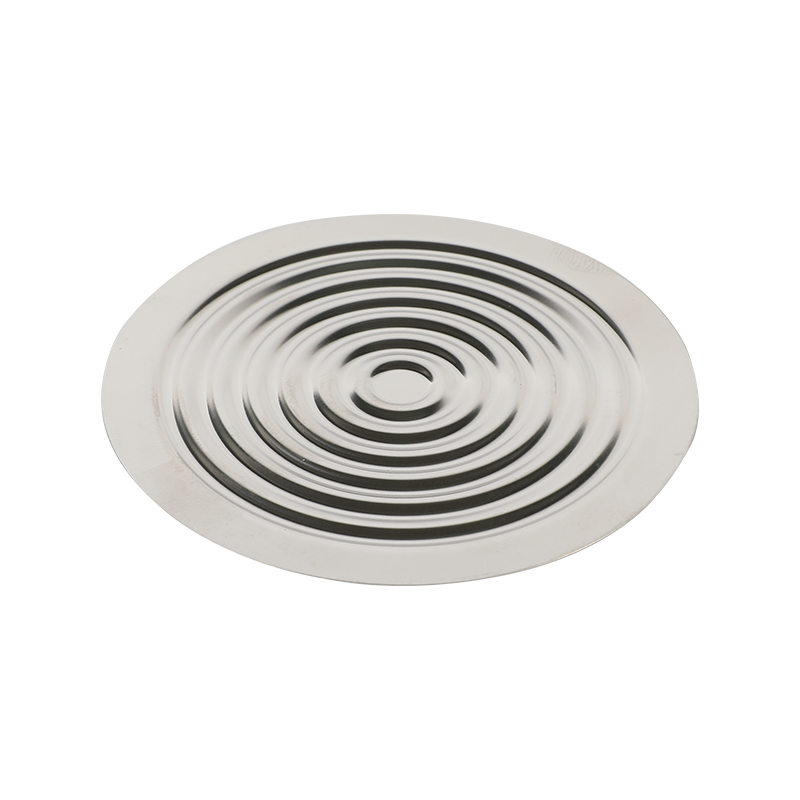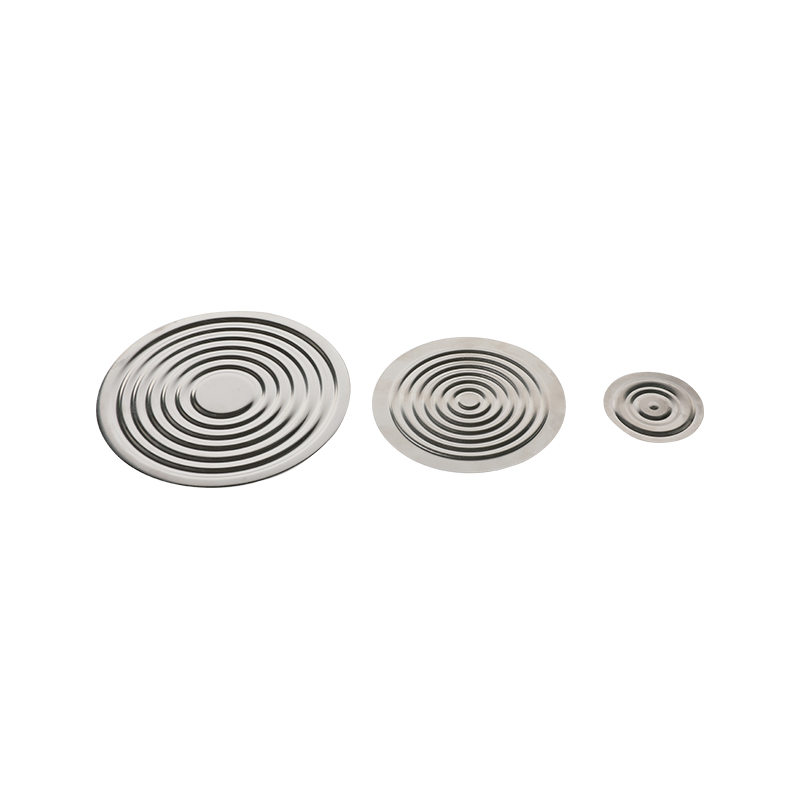Sale Supply Hydroformed Metal Bellows Exporter For Sale in China
Metal bellows, versatile engineering components, have found extensive applications across various industries owing to their unique properties and capabilities. From aerospace to automotive, and from medical to industrial sectors, metal bellows play crucial roles in ensuring efficiency, reliability, and safety in diverse applications.
Metal bellows, primarily composed of thin-walled metallic tubes, exhibit exceptional flexibility and durability. Typically made from materials such as stainless steel, Inconel, or titanium, these bellows undergo precision forming processes to achieve the desired shape and performance characteristics. The construction involves convolutions or corrugations along the length of the tube, enabling axial, angular, and lateral movement while maintaining structural integrity. Various welding techniques like TIG or laser welding are employed to ensure leak-proof seals, critical for applications involving fluid or gas containment.
The fundamental functionality of metal bellows lies in their ability to accommodate mechanical motion, absorb vibrations, and compensate for thermal expansion or contraction in systems. When subjected to pressure differentials or mechanical loads, the convoluted structure of the bellows allows controlled expansion or contraction, thus mitigating stress on connected components. This flexibility enables precise positioning, damping of vibrations, and sealing of joints in diverse engineering systems. Moreover, the hermetic sealing properties of metal bellows make them indispensable in applications requiring leak-tight seals, such as vacuum systems or high-pressure pipelines.
In the aerospace industry, where lightweight yet durable components are paramount, metal bellows find extensive use in critical systems. They are employed in aircraft engines for thrust reversers, thrust vector control, and engine vibration damping. Additionally, metal bellows serve in fuel control systems, hydraulic actuators, and pneumatic systems, ensuring precise fluid management and control under extreme operating conditions. Their ability to withstand high temperatures, pressure differentials, and mechanical stresses makes them indispensable for ensuring the safety and reliability of aerospace systems.
Metal bellows play vital roles in automotive and transportation applications, contributing to improved performance, efficiency, and passenger comfort. In exhaust systems, bellows joints absorb thermal expansion and vibrations, reducing stress on exhaust components and minimizing noise transmission to the cabin. Furthermore, they facilitate flexible connections in steering and suspension systems, enhancing vehicle maneuverability and ride quality. In railway and maritime industries, metal bellows are utilized in braking systems, HVAC systems, and fluid handling systems, ensuring smooth operation and longevity of critical components.
In the medical and biotechnology sectors, where precision and reliability are paramount, metal bellows find niche applications in various instruments and devices. They are utilized in medical pumps for fluid transfer, where their leak-tight seals and corrosion resistance are essential for maintaining sterility and safety. Moreover, metal bellows serve as surgical tools for precise control of motion and force transmission, enabling minimally invasive procedures with enhanced accuracy and patient comfort. Their biocompatibility and stabilizability make them suitable for use in implantable devices and diagnostic equipment, further expanding their utility in healthcare applications.
In industrial and process engineering, metal bellows play diverse roles in ensuring operational efficiency, safety, and environmental compliance. They are integral components in pressure and temperature measurement instruments, providing reliable seals and mechanical protection to sensitive sensing elements. Metal bellows also find applications in valve actuators, where they facilitate precise valve positioning and fluid control in chemical processing plants, refineries, and power generation facilities. Moreover, in vacuum technology, bellows seals enable the reliable operation of vacuum chambers and systems, essential for semiconductor manufacturing, research laboratories, and space simulation.


 ENG
ENG  English
English 简体中文
简体中文


